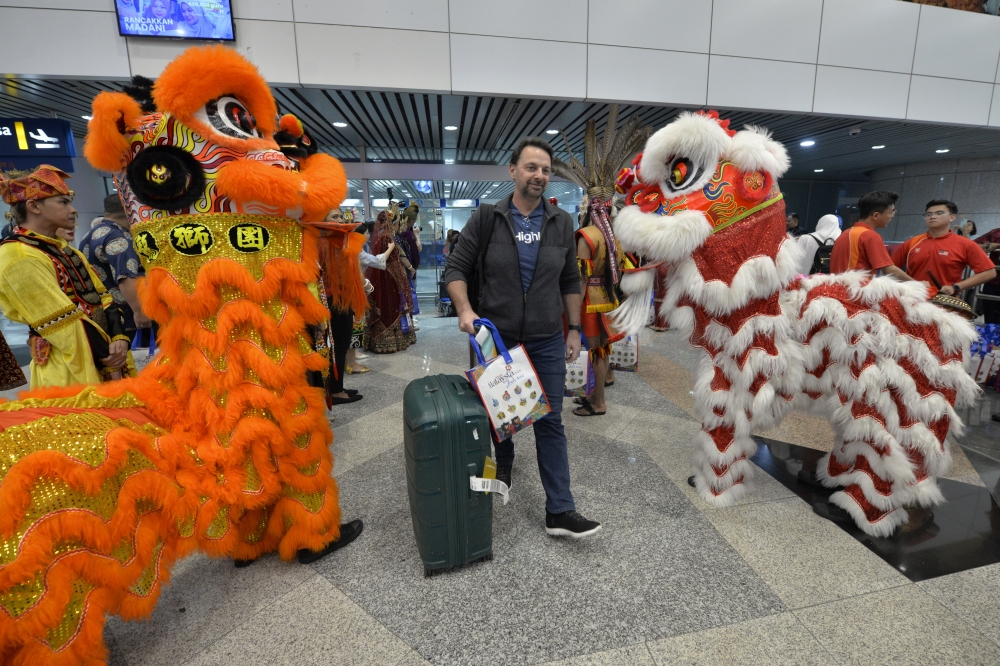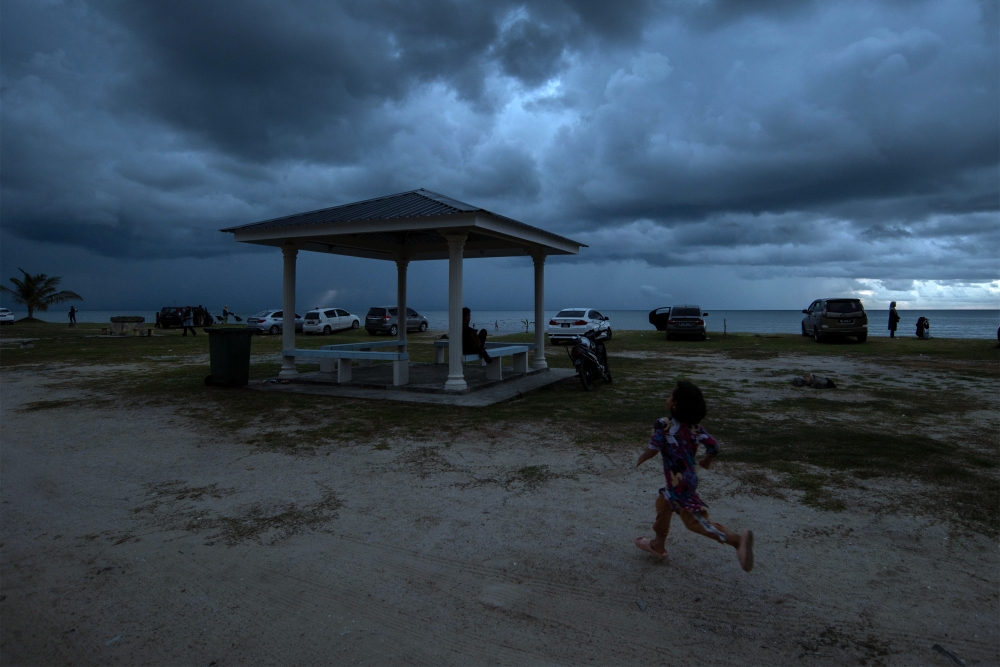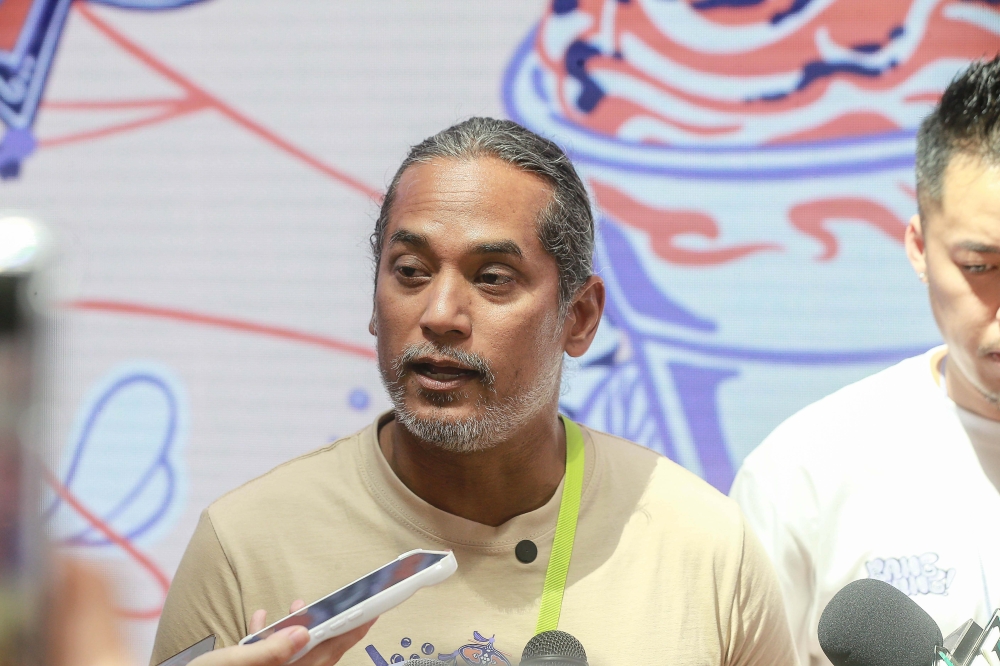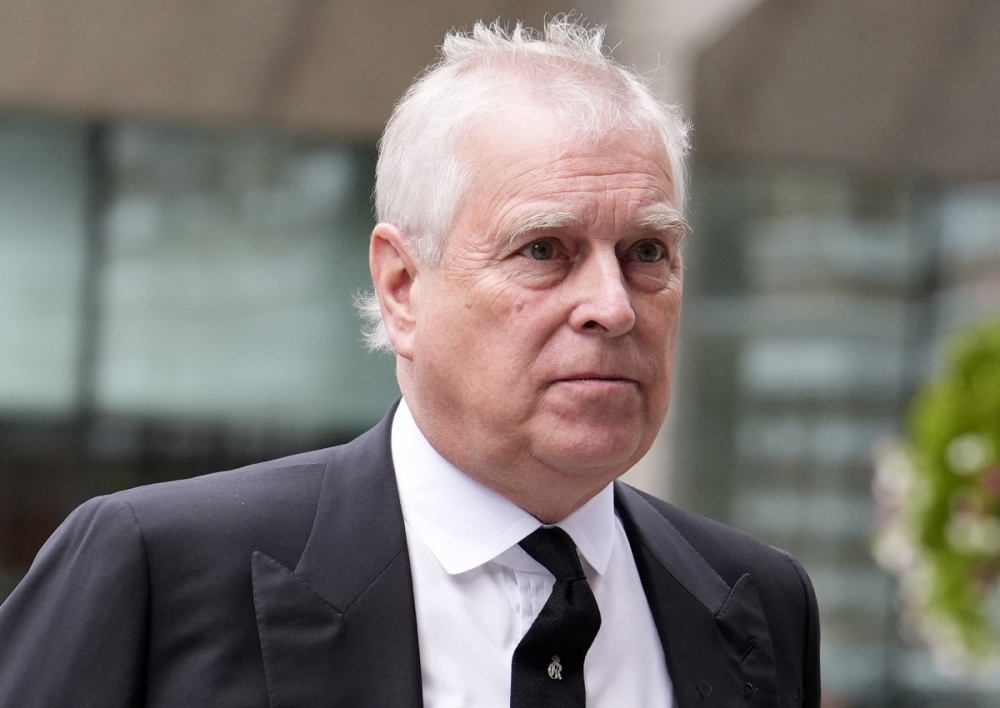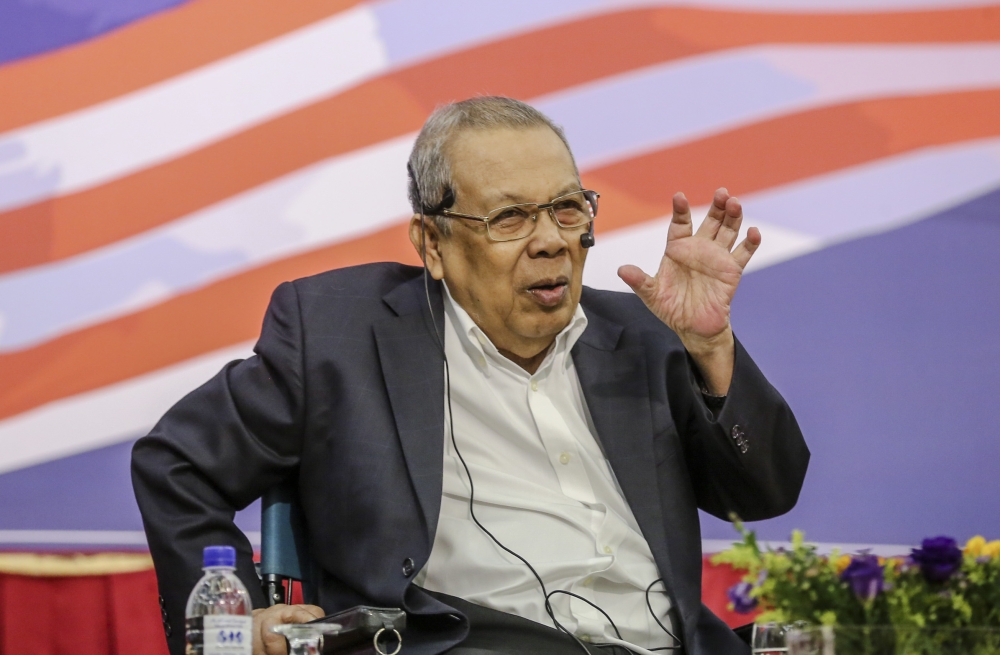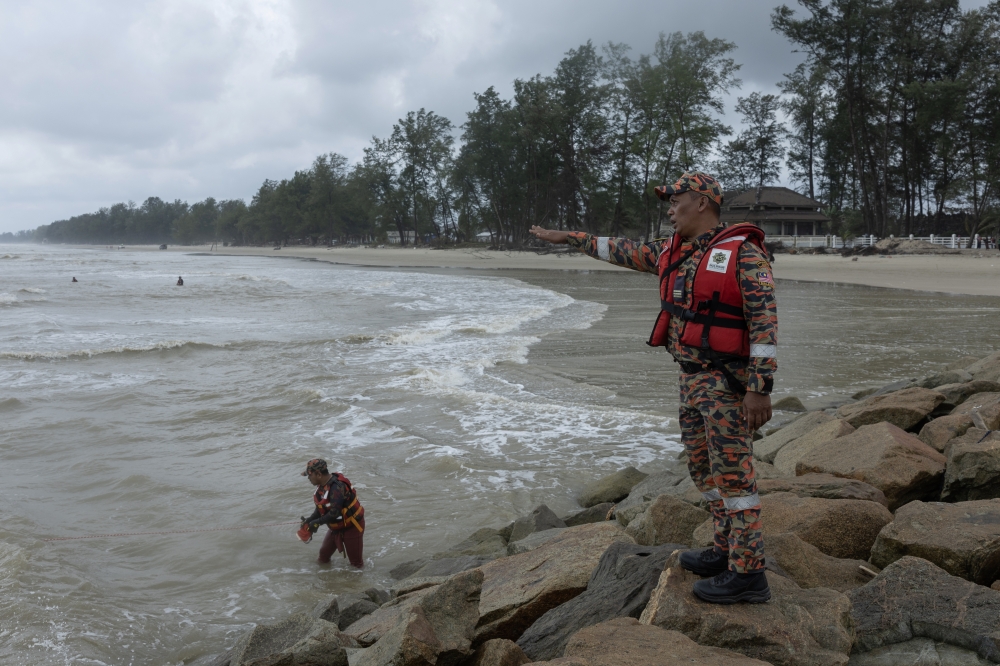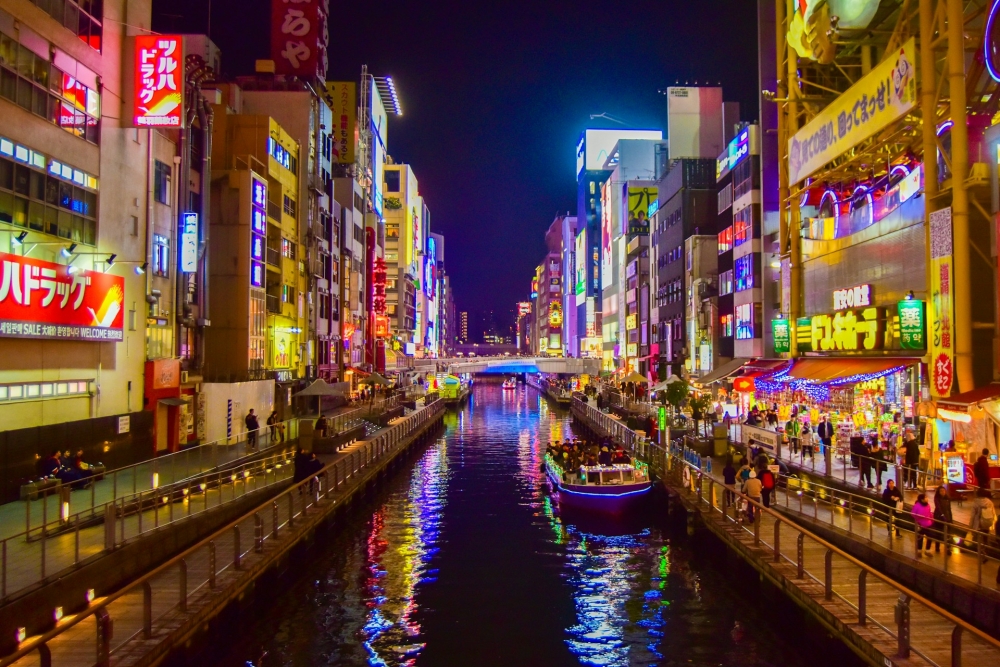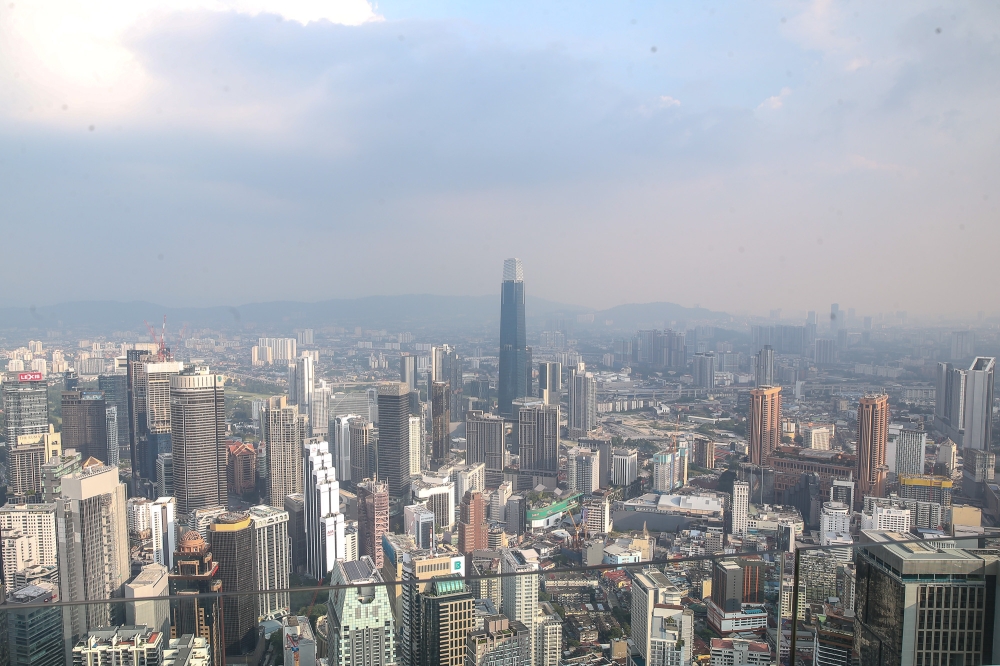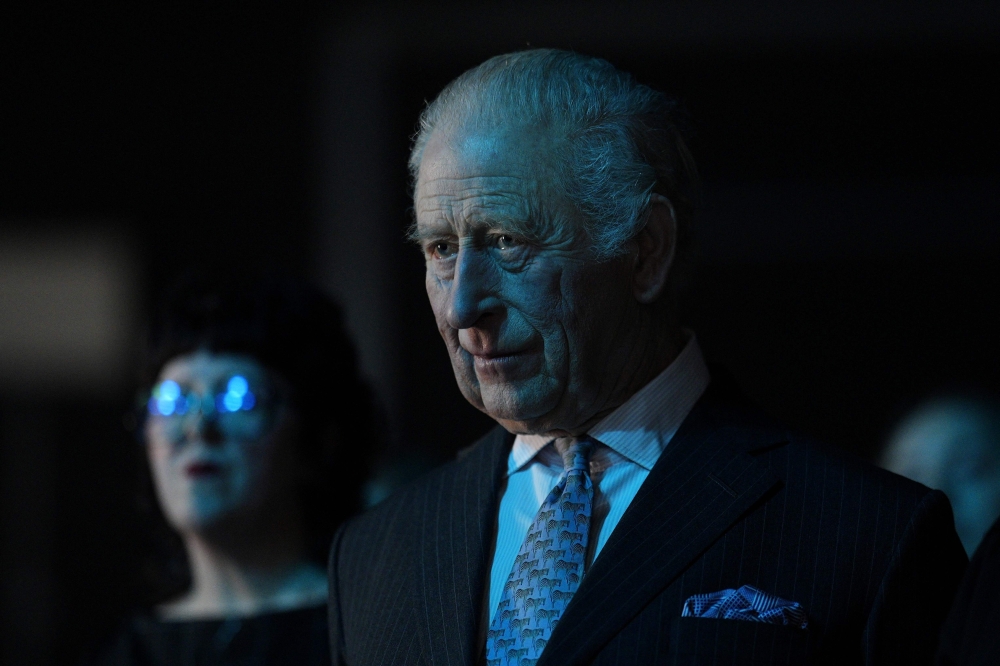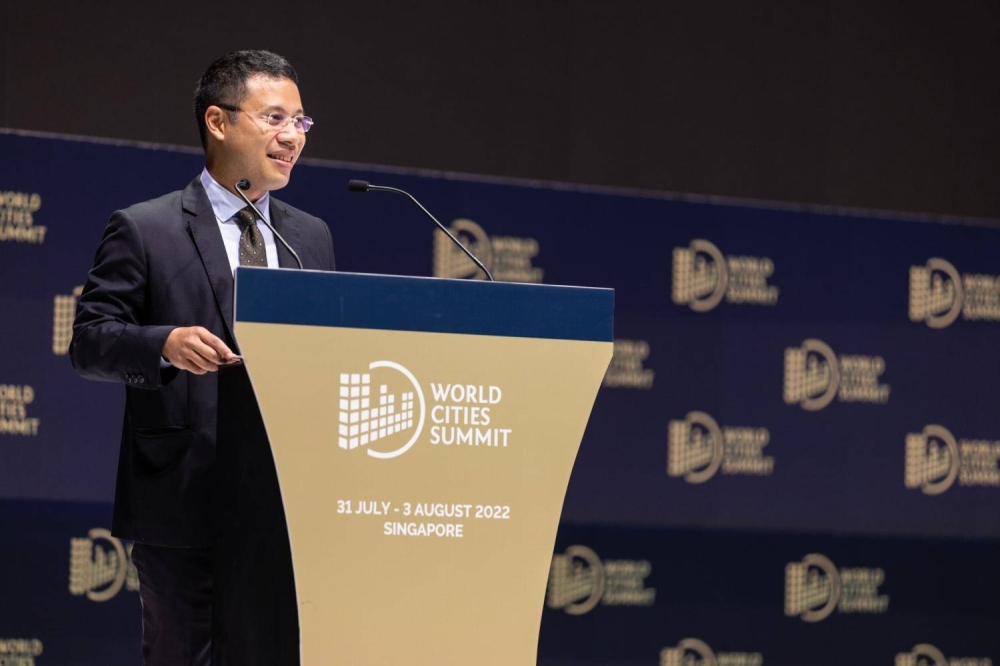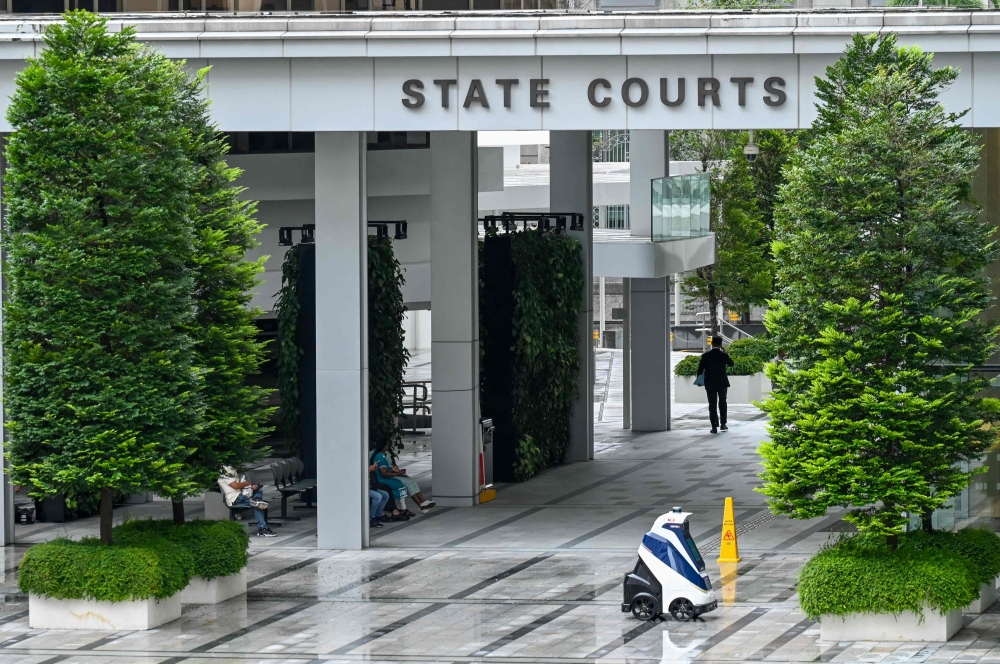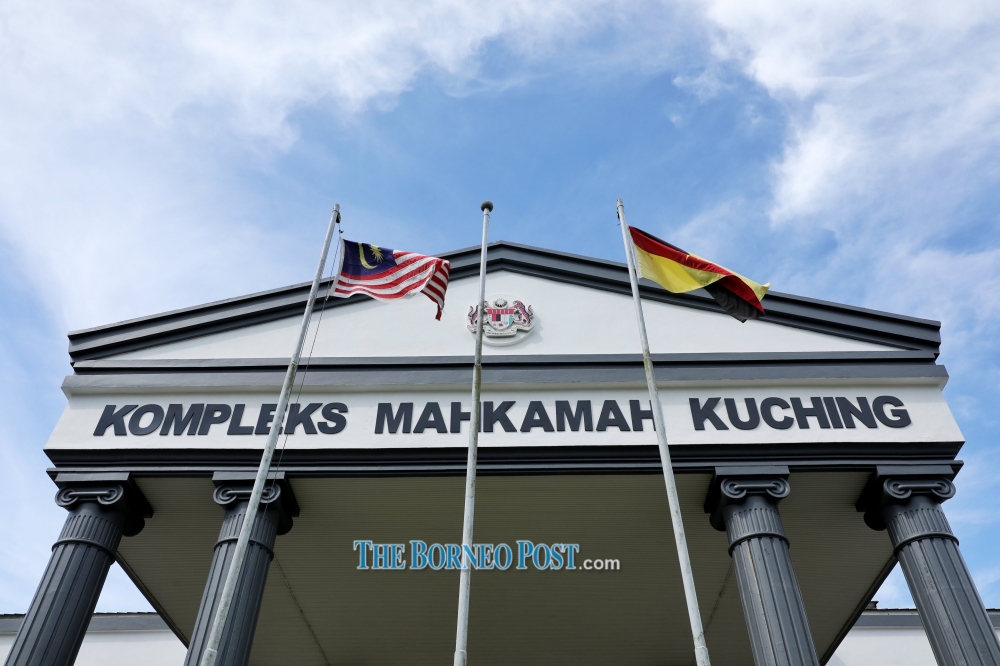SINGAPORE, Aug 1 — A sum of S$66 million (RM213 million) will be set aside over the next five years to support more research aimed at establishing Singapore as a liveable and sustainable city, with more than half going towards exploring ways to free up land space by going underground or using the sea.
The allocation of the funds to the Cities of Tomorrow (CoT) research and development programme was announced by Minister for National Development Desmond Lee on Monday (Aug 1) during his opening address at the second day of the World Cities Summit.
The goal of the CoT programme, launched by the Ministry of National Development (MND) in 2017, is to identify challenges that cities face and develop solutions to address them.
The new funds are over and above the S$110 million allocated to the programme earlier this year during MND’s Committee of Supply debate in March.
Speaking at the biennial summit held at the Sands Expo and Convention Centre, Mr Lee said: “As new challenges come our way, we will need new and creative solutions to address them.”
He added that the stress of a difficult situation, such as the Covid-19 pandemic, can provoke an innovative response.
“In many cases, technology can be an important enabler,” he said.
In March, the MND announced that S$110 million will go towards supporting research related to enhancing liveability and sustainability through the built environment, and supporting a city in nature, for example.
Providing more details of how the S$66 million sum will be allocated on Monday, the MND said that it will focus on three other areas:
• S$35 million will go towards exploring “ways to create underground and sea space more cost-effectively, resiliently, and productively” to free up land space to support live-work-play activities
• S$18 million will go towards developing advanced multi-disciplinary urban planning solutions to help planners and policy makers deliver more targeted planning outcomes and services to meet the needs of residents
• The final S$13 million will be used to “enhance maintenance and maintainability” of aging infrastructure by developing advanced building inspection and repair systems, as well as durable building materials to address the challenges ageing infrastructure poses.
Redefining cities after the pandemic
Speaking during the same session as Lee was Senior Minister and Coordinating Minister for National Security Teo Chee Hean, who touched on how the pandemic has highlighted the challenges that cities face, in terms of how to be more resilient, sustainable and cohesive, among other topics.
Teo spoke about the need for a “new paradigm” in city planning, yet he acknowledged that the path ahead is not a simple one as cities face several dilemmas.
For instance, he said there is the question of whether cities should be more concentrated or distributed.
A concentration of people and resources in urban centres, he said, continues to bring many advantages.
For one, he said cities reap economies of scale in efficiently producing, supplying and exchanging a wide variety of goods and services for a large number of people.
A concentration of people, economic activities and knowledge also sparks new ideas and innovation, said Teo, which drive economic growth, create new jobs, and attract more people to the city.
“However, we are all too familiar with the problems that afflict cities,” he said.
This includes overcrowding and traffic jams, long and crowded commutes, and higher levels of stress and health issues.
“As the Covid-19 pandemic has shown, while urbanisation is designed to increase opportunities for interaction, this also increases contact and exposure, and the likelihood of transmission and evolution of infectious diseases,” said Teo.
“Cities can become incubators, and multipliers for disease outbreaks.”
The question then, he said, is how society can “reap the benefits of urbanisation, without the disbenefits of concentration”.
Hence, he said a “key way to push the boundaries and unlock green growth opportunities” is to invest in research and development and catalyse innovative and sustainable urban solutions.
“Cities can serve as a ‘living laboratory’ for companies and researchers to develop, test and validate clean and sustainable technologies in real-world settings,” said Mr Teo.
Several panellists similarly spoke about how the pandemic has highlighted the need to relook how cities are planned.
The panel discussion was moderated by Professor Simon Tay, Chairman, Singapore Institute of International Affairs, and it involved:
• Patricia de Lille, South Africa’s minister of public works and infrastructure
• Maimunah Mohd Sharif, the executive director of UN-Habitat, a United Nations programme for human settlements and sustainable urban development, andc
• Chi Young Cho, the president and chief innovation officer at Hyundai Motor Group
de Lille said that while urbanisation is a reality, cities as they are “were not built for all the millions of people we find in our cities nowadays”.
As such, there is a need to not only invest in new infrastructure, but find ways to retrofit existing ones to turn them into green buildings.
“If infrastructure collapses and fails, then your resilient city will be impacted completely,” she said.
Meanwhile, Cho stressed the importance of designing a “human-centred” city.
“Smart city technologies can only have a place if they can improve the lives of the people who live in those cities,” said Cho, adding that such technology must be able to address the unmet needs of citizens.
One example, he said, could be considering how autonomous vehicle technology changes the city and the everyday experience of the citizens for the better.
In this case, he said there are many ways it can do so.
Placing logistics for autonomous vehicles underground, for example, could alleviate traffic and allow for more pedestrian space.
And as autonomous vehicles are designed to spend almost all of their time on the road, he said there will be less requirements for parking facilities. This in turn frees up more space for parks and public space for people to enjoy.
“These changes will deliver further social benefits, such as increased deliveries of pedestrian foot traffic that leads to vibrant public spaces,” said Cho.
“We are quite confident that we can bridge the tech world and the human world so that innovation can truly help cities to evolve, and their citizens (can) enjoy a better quality of life.”
The World Cities Summit, now in its eighth edition, will be held at Marina Bay Sands until Wednesday. — TODAY

